You’ve probably seen a few cars with window tints zipping down I-70. Their blacked-out windows add a certain stylistic flair, but window tints are so much more than just a cosmetic choice.
Auto window tints can also be a practical modification and feature a number of benefits like helping lower your risk of skin cancer.
This ultimate guide to car window tinting in Denver will explain exactly what window tints are, the options you have, and outline their most helpful features.
Keep reading to learn everything you’ve ever wanted to know about window tints.
Table of Contents
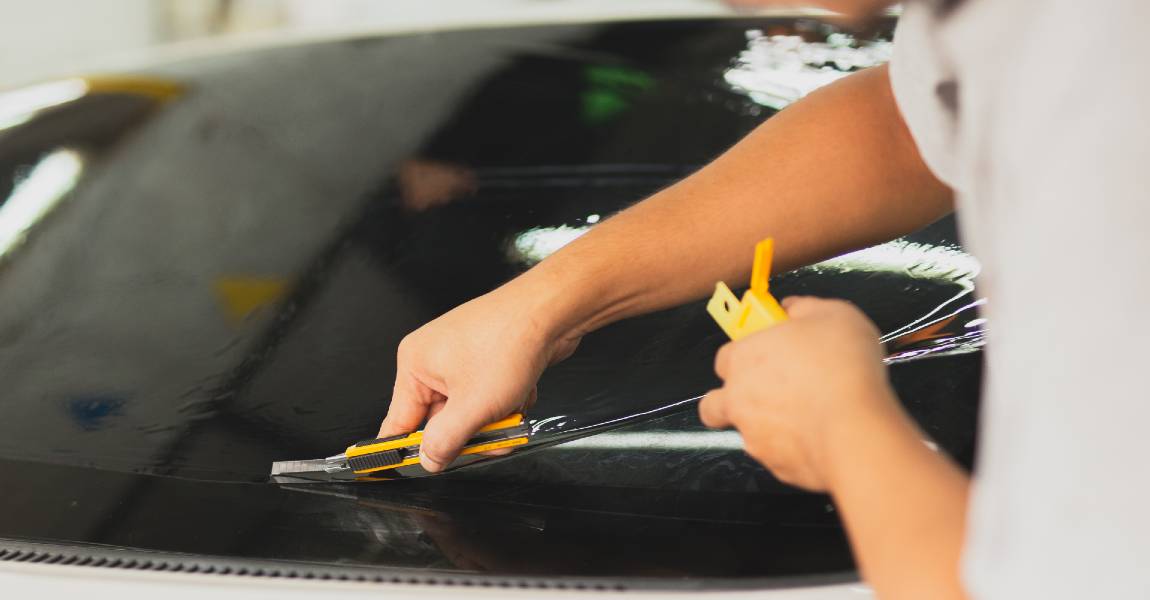
What Are Window Tints?
Window tints are transparent sheets of film affixed to your car’s windows. They darken the windows, so it’s easy to spot a car with them.
Many motorists feel that auto glass tinting enhances their car’s aesthetic, but its main purpose is to provide protection from the sun.
While there are a number of different kinds of tints, they all contain a chemical compound called polyethylene terephthalate (PET). This polyester material lends window tints their strength and transparency.
Polyester can be stretched incredibly thin while remaining flexible and durable. Once heated, it’s pulled lengthwise and widthwise into thin sheets. Other materials like ceramic, certain kinds of metals, or dyes are added to the sheet to enhance the material’s sun-blocking capabilities.
Finishing touches include adding a scratch-resistant layer on one side of the sheet and an adhesive to the other side.
The end result is a thin, highly-durable film that can easily attach to a car’s window.
Benefits of Tinted Windows
The tints offer a number of surprisingly practical benefits. If you’re still on the fence about purchasing them, these will convince you that glass tints are a worthy investment.
UV Protection
The best tints offer protection from the sun’s harmful UV rays. In Colorado, the higher altitude puts you at greater risk for skin cancer, so tinting your glass windows can be an incredibly useful preventative measure if you spend a significant amount of time behind the wheel.
Your skin isn’t the only thing that needs protection from UV rays. They can also contribute to sun damage on the interior of your vehicle. This can shorten the lifespan of your upholstery and cause fading on surfaces like your dashboard.
Some tints don’t feature UV-shielding capabilities, so you’ll have to invest in a higher-quality film to reap this benefit. Protecting your car from UV rays is worth the higher price.
Keep Your Interior More Comfortable
If you’ve ever left your car parked in the sun for an extended period of time, you’ve felt the effects of infrared light. This light streams in through your car’s windows and quickly heats up the interior.
Like UV protection, infrared filtering is only offered by higher-end tints, but it definitely makes those tints worthy of their higher cost.
With this kind of protection, you might even experience increased fuel economy due to needing to run your air conditioner less often.
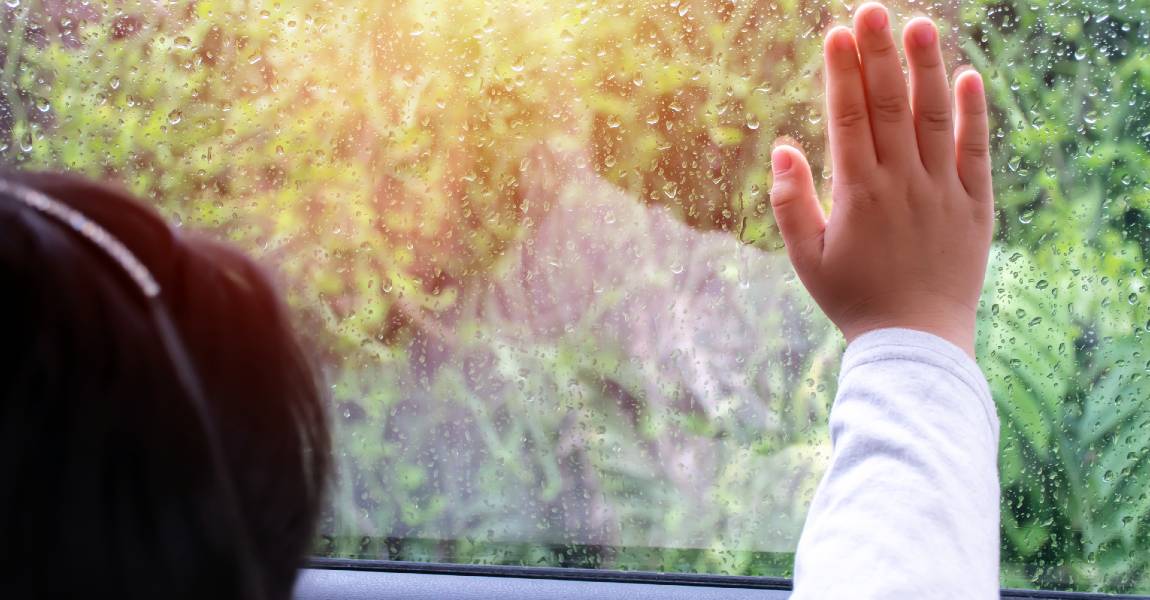
Glare Reduction
Glare can create all kinds of dangerous situations while you’re out on the road. You might struggle to see a pedestrian trying to cross the street or a car attempting to turn in front of you.
Tints of all kinds can reduce the sun’s brightness. This makes it much easier on your eyes while you drive around on a sunny day. Thanks to their glare reduction properties, these tints can also be a safety feature.
More Privacy
A darker tint offers a level of privacy that transparent windows simply do not. Many tints can make it difficult to see through the window from the outside. You’ll feel safe and at home inside your car.
Increased privacy also makes car-related theft much less likely. If a potential thief has no way of knowing if there are valuables in your car, they won’t attempt to break in.
Stronger Windows
Certain kinds of tints can even make your windows stronger. They’ll be much harder to break.
In the event of an accident that does manage to shatter your window, you’ll be protected from shards of glass that could be dangerous. Oftentimes, the broken glass stays affixed to the film.
Improved Aesthetic
Many car owners are concerned about the look of their car and find that dyed film tints enhance their car’s appearance. There’s a huge range of tints to choose from, so you’re sure to find one that offers the look you’re after. Some lend a matte-like appearance while others have a metallic sheen or even a decorative window film.
The Different Types of Tinting
There are numerous blends of window tint on the market. Each company uses a slightly different formula, but they generally fall within these main categories.
Dyed Tint
Dyed film tints are the most basic level of window tinting. A mix of dyes gives these window tints their darker shade.
They’re one of the most common kinds of window tints thanks to their accessible price point, but the dye they use doesn’t offer a whole lot of sun protection. They will help shade you from the harsh sun, but they offer no UV ray-filtering capabilities.
Dyed tints are typically used for their appearance, and won’t last as long as the higher-quality tints. They tend to fade over time.
Metallic Tints
For those seeking a little more functionality from their tints, metallic tints are a fine choice. A mix of metals imbued in the polyester film lends these glass tints their color and sun-blocking features.
These tints are superior to dyed tints when it comes to sheltering you from UV rays. They’re also more effective at keeping the interior of your car cool.
Metallic window tints can also be a stylish choice thanks to the sheen of the metal used in their production and can also add a bit of shatter resistance to your windows.
A downside of this kind of tint is that its metallic nature can affect phone and GPS signals.
Hybrid Tints
Hybrid tints contain both dye and metallic particles. They offer many of the advantages of metallic tints without the reflective shine.
Motorists choose this type of tint because it’s relatively affordable and won’t inhibit your ability to drive after the sun sets. However, these tints are also susceptible to fading and can affect cellphone usage.
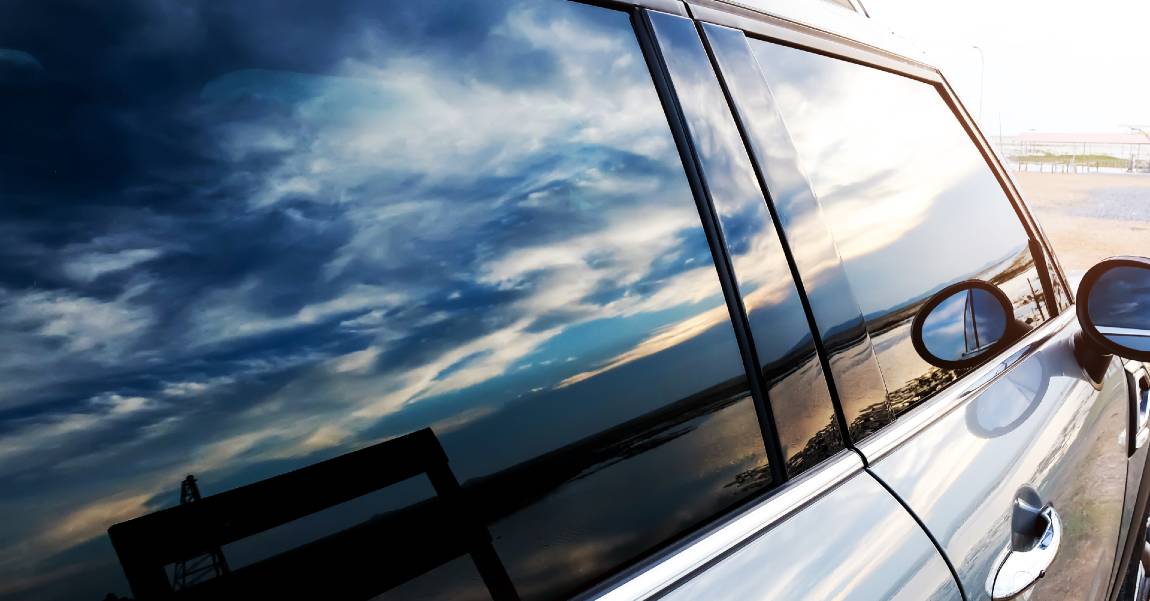
Carbon Tints
Carbon window tints are the mid-level choice for window tinting. Carbon particles give these tints their color.
They offer more UV protection than metallic tints, and the carbon used in their construction also filters around 40% of infrared light. This allows them to keep your car’s interior cooler than metallic or hybrid tints can. Carbon tint also won’t interfere with your phone signal.
Many of these tints offer a matte look, which some drivers prefer over the sheen of metallic tints.
Ceramic Window Tints
Ceramic window tinting is the high-end option for window tints. Ceramic particles imbued in the tint film allow them to filter 99% of UV rays and up to 50% of infrared light. This makes them the most effective window tint on the market today.
In addition to their exceptional sun-protecting abilities, they also provide shatter resistance for your windows and reduce glare, making it easier to drive in bright sunlight. The ceramic coatings used in these tints also won’t obstruct electronic signals.
For those who aren’t a fan of the darker shade of tints, you’ll also be able to find clear ceramic tints. Even though the tint is totally transparent, the ceramic particles present in the film still filter UV rays and infrared light.
Tint Shades
Types of window tints come in a wide variety of shades. You’ll see the shades denoted by a percentage, which is the amount of visible light transmission (VLT) that’s allowed to pass through the window. As a rule, lower percentages represent darker shades.
5%
This is the darkest window tint you’ll be able to buy. These tints allow almost no light through, so they offer the maximum amount of privacy. If you’ve ever ridden in the back of a limousine, it likely had this kind of tint.
Tints this dark aren’t suitable for windshields and front windows.
20%
20% tints are sometimes referred to as “factory tint” because it’s the darkest tint applied by most automotive manufacturers. You’ll likely only see these on the rear windows of cars, as they’re still too dark for front windows.
35%
This level of tint is suitable for all kinds of windows. Those seeking the maximum amount of sun protection often opt for 35% tints all around.
They are one of the most common tint levels across the nation and lend a sleek look to your car.
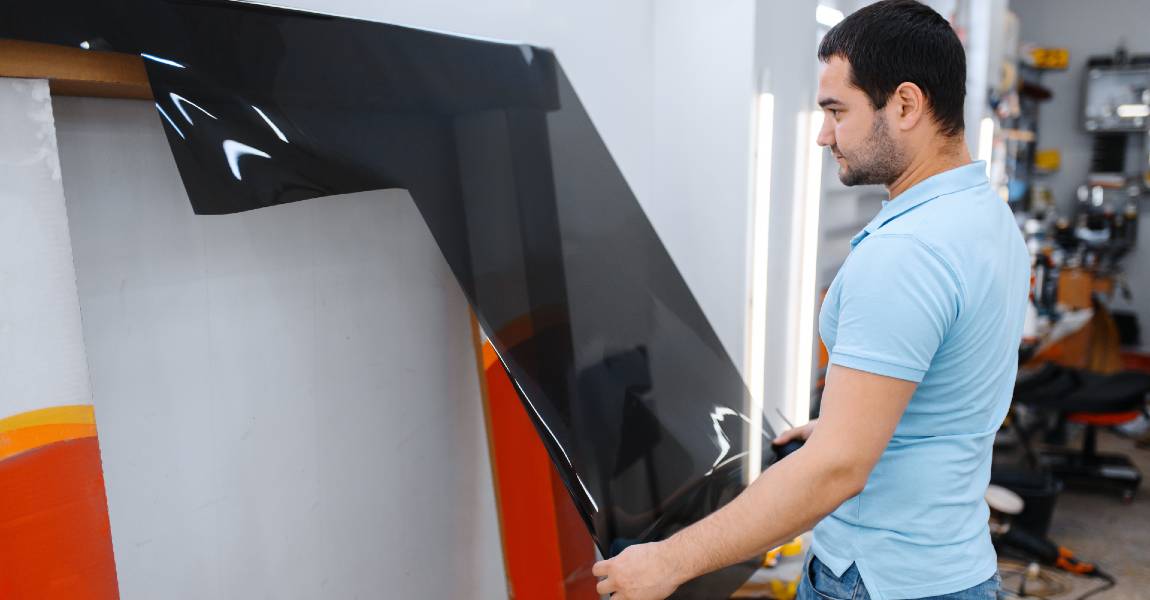
Window Tinting Laws
To ensure everyone’s safety on the road, tint levels are subject to legal limits. Every state has its own tint laws, so be sure to check with your local authorities before investing in a window tint.
In Colorado, tints laws have a bit of nuance. In most cases, your tints must allow more than 27% VLT on all side windows. However, if you have 70% VLT or more on your front windows, your back windows can be as dark as you like.
What to Expect From Professional Service
Professional window tint installation is the best way to have window tints applied to your car. Here’s what you should expect from quality tint service.
Preparation
Before tints can be applied to your car, your detailer will need to clean your car’s windows. Dirt on the windows needs to be cleared away and any pre-existing tint needs to be removed.
Measuring
The next step is to make sure that your tints will fit your car’s windows. Some tints are designed for certain makes of automobiles, but others will need to be cut to size in the shop.
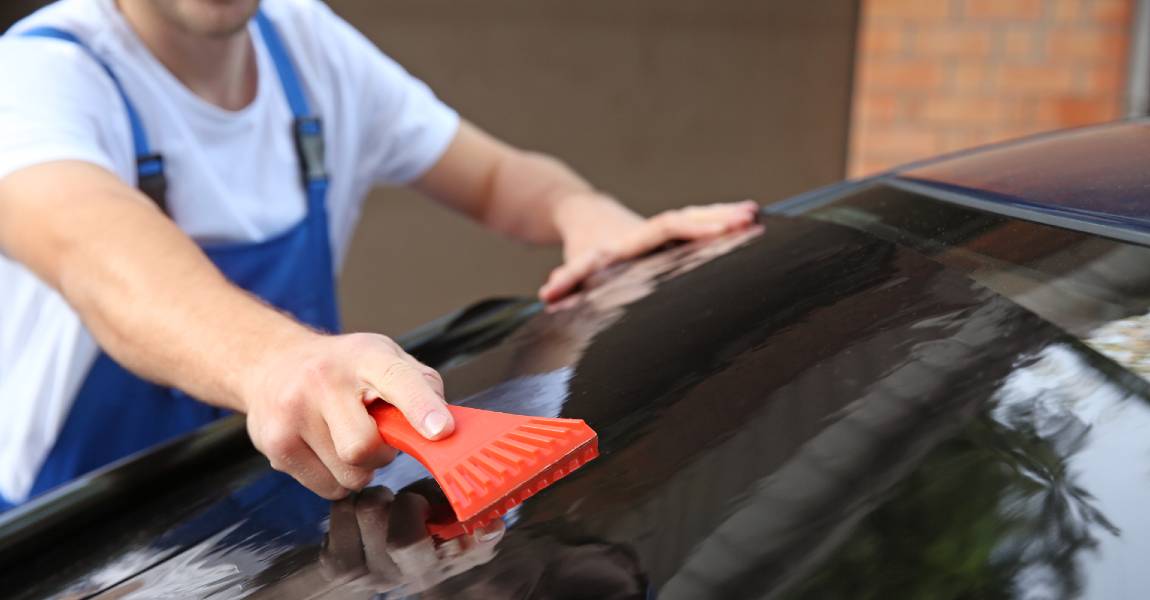
Applying the Tint
Once the tint window films are cut to the appropriate size, the detailer can apply them to your window. Tint films usually go on the inside of the window. Any extra pieces are trimmed so the film fits your window like a glove.
Post-Application
Once the tints are affixed to the window, the detailer looks over their work to ensure that the adhesive has properly cured and bonded. If they’re satisfied with their work, you’ll be able to pick up your car.
Choosing a Window Tinting
When you shop for window tints, you’ll be confronted with a wide range of options and brands. Even though there are only a handful of classifications of tinting, you’ll need help picking the appropriate kind.
Learn more about How to Choose the Right Window Tint Percentage for Your Car.
Professional Vs. DIY
The professional installation allows you to get the most out of your window tints, but some motorists might want to apply tints on their own.
DIY tint application has its pros and cons, but the cons typically outweigh the pros. Tints you could install on your own tend to be cheaper, of lesser quality, and prone to issues like bubbling and fading.
The Shade
Your state’s legal limit for vehicle window tints needs to factor into your decision. If your tints are too dark, you could receive a ticket and instructions to remove them.
You should also consider how the tints will look on your car. Some aren’t a fan of the look of shaded windows, while others find that dark tints perfectly complement their car.
Price and Level of Performance
These two factors tend to go hand-in-hand. High-performance tints like ceramic films are usually much more expensive than dyed window tinting or metallic tints.
If you’re simply looking for the aesthetic of tinted windows, dyed tints might be a good option. If you’re after sun-blocking performance, you’ll need to invest in carbon or ceramic tints.
Best Window Tint Options for Extreme Weather Conditions: Focusing on the types of window tints ideal for either very hot or cold climates.
The Ultimate Guide to Car Window Tinting in Denver
Window tints are an aesthetic and practical modification. They can enhance the look of your car while shielding you and your car’s interior from the sun.
To get the most protection from your window tints, opt for carbon or ceramic tints and have them installed by a professional detailer. Be aware of your state’s laws governing tints and choose a shade that’s within the legal limit.
Now that you’ve read the ultimate guide to car window tinting in Denver, you can make the best decision on what kind of tints you need. Pro-tech Auto Shield is ready to install your tints. Contact us for a free estimate today.




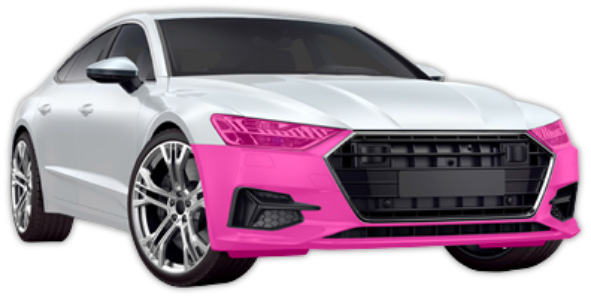
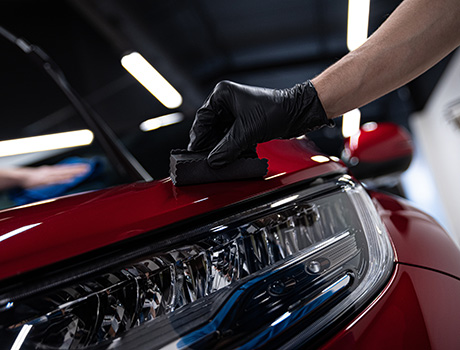
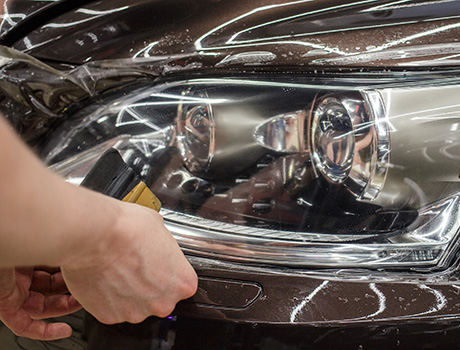

WHAT OUR CLIENTS ARE SAYING